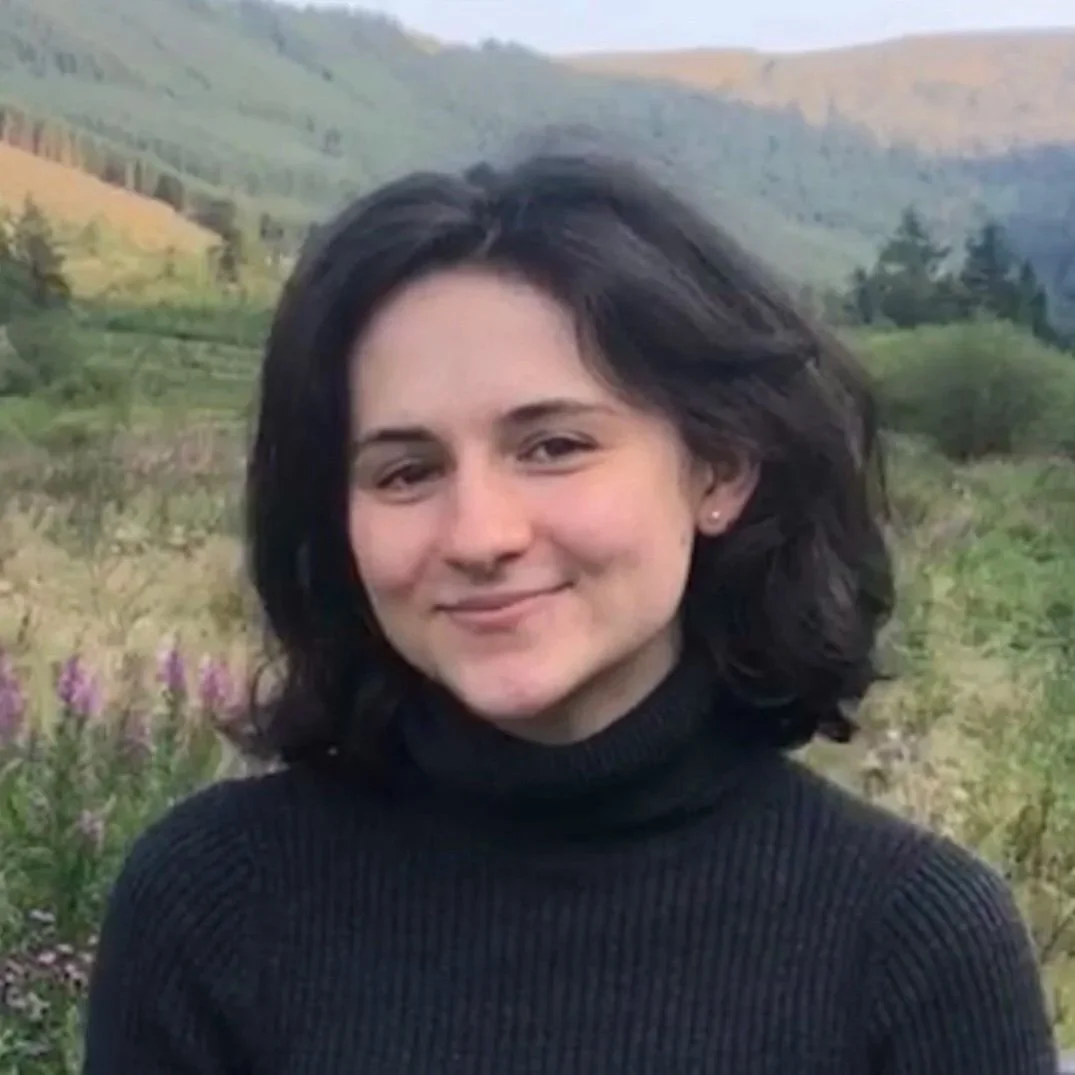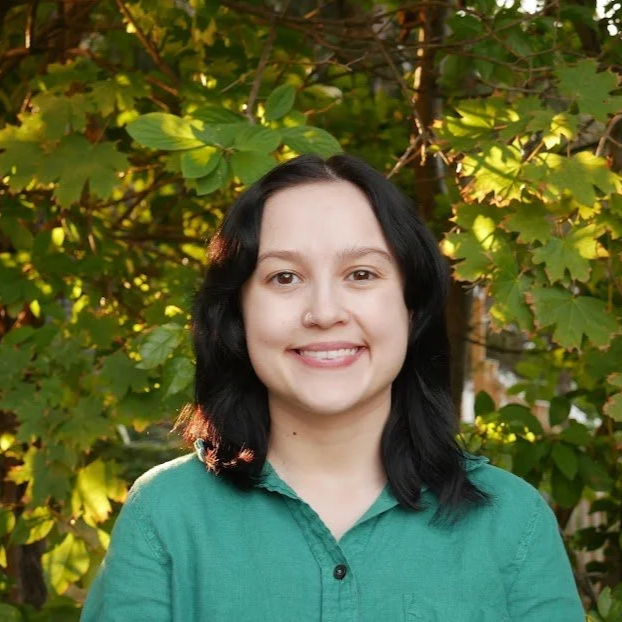Graduate Fellows
Senior Graduate Fellows
Rachel Keith
Rachel is a fifth-year PhD student in the USC philosophy department. At this point in her career, she has broad interests spanning moral philosophy, philosophy of law, and philosophy of science. She is excited to be working with CFCP and hopes to explore how an understanding of conflict affects special moral obligations (such as those towards family members). She is also optimistic that a more thorough understanding of conflict will have implications for discussions surrounding culpability in the legal sphere, but has yet to fully develop her ideas here.
Yasha Sapir
Yasha is a fourth-year PhD student. He is currently thinking a lot about complicity: about why certain speech acts can leave us feeling complicit, and about the connection between complicity and causal responsibility. Yasha also has other relevant interests, including interests related to derogatory language and propaganda.
Graduate Fellows
Ben Andrew
Ben is a PhD student in philosophy at USC. His research is primarily in moral and political philosophy, although he also dabbles in the philosophy of mind and language. The topics he has been thinking about recently include ability ascriptions, paternalism, and housing policy.
Irene Bosco
Irene is a PhD candidate at USC, working in ethics, moral psychology, and philosophy of emotions. Her current research focuses on the conditions under which empathy is an appropriate response toward others. Specifically, she studies the properties that make someone deserving of empathy and the normative claims these individuals are entitled to. More broadly, she is interested in exploring the dynamics of interpersonal relationships both from a moral and an affective perspective.
Shishir Budha
Shishir is a second year PhD student with primary research focus in philosophy of mind, epistemology, and value. I have been interested on theories regarding mental states, acts, and processes—some that are involuntary, some unconscious, and some normatively charged. Currently, I am exploring our attitudes like waiting, ruminating, and temporal bias—psychological phenomena that can reveal how we are individually and socially situated in time and how we respond to uncertainty.
Zeb Dempsey
Zeb is a fourth-year PhD student at USC with broad research interests in moral psychology and political philosophy. His recent research has focused on the nature of anger, especially in situations involving non-culpable harm, and on the role anger plays in re-shaping conversational power dynamics. More generally, Zeb is interested in what role emotions play and what role they ought to play in our social lives, our communicative spaces, and our political institutions.
Megha Devraj
Megha is a PhD candidate in philosophy. She works in philosophy of language, social and political philosophy, and philosophy of mind. She is particularly interested in communicative acts that seem aimed at sparking emotional and imaginative responses in their interlocutors: these include protests, performance art, and some forms of interpersonal speech.
Ariel Gordy
Ariel is a first year PhD student with key interests in ethics, moral psychology, and philosophy of law. She has previously worked on problems assessing the efficacy of shaming punishments as a means of conflict resolution within interpersonal relationships and on how shaming punishments have been deployed by legal systems in order to prevent future criminal offenses.
Yoorim In
Yoorim is a first-year PhD student with research interests in metaphysics and epistemology. Lately, she has been particularly drawn to questions about speech acts that reinforce power dynamics and about the rationality or fittingness conditions of emotions. She also examines epistemically irrational social phenomena, including echo chambers and radical political movements.
June Lee
June is a first-year PhD student at USC working in epistemology, moral philosophy, and metaethics. She is particularly interested in topics in applied epistemology, such as ignorance, bias, belief perseverance, rational disagreement, and polarization. More recently, she has been thinking about how the discordance among an agent’s beliefs or attitudes may influence or manifest as interpersonal conflicts in political, social, and other institutional contexts.
Nurit Matuk Blaustein
Nurit is interested in political philosophy and metaethics. Among other things, she is studying and evaluating different solutions to moral conflicts in which sides have sets of desires that cannot both be satisfied, like conflicts about taxation, abortion or immigration. She wants to figure out, in particular, the limits of liberals' procedural solutions and whether such limits point to more promising alternatives, like fighting for a society that promotes a shared conception of the good.
Jordan Myers
Jordan is a first year PhD student at USC. His work focuses on moral responsibility, social epistemology, and moral psychology. Recently, much of his research has focused on the role that reactive attitudes play in interpersonal conflict and, when reactive conflict becomes untenable, the nature and consequences of taking up an objective attitude towards another. A related strand of his research focuses on investigating how these typically moral emotions and attitudes operate in the epistemic domain.
Wyatt Radzin
Wyatt is a second-year PhD student with interests in political philosophy, ethics, and the history of philosophy. Lately, she has been thinking about whether and how apparently nonlinguistic actions might function like language.
Lauren Roe
Lauren is a first-year PhD student in philosophy at USC. Her research interests lie at the intersections of ethics, political philosophy, epistemology, and the philosophy of language. She is currently interested in the relationship between love and inquiry and the value of emotions, like grief, in our political lives. Moreover, she is interested in investigating what obligations we may have toward those we love when disagreement about truth and rationality may threaten the status of the relationship, for example, when a beloved family member is fully convinced of conspiracy theories.
Aaron Suduiko
Aaron is a first-year PhD student at USC interested in the relationship between individuals’ personal experiences and values. He believes that philosophy can equip people to express, to themselves and others, how their lives lead them to recognize particular narratives, explanations, and norms as relevant to themselves and others. He hopes that such forms of expression can help make interpersonal conflict more productive.
Shu Wang
Shu takes a major interest in the philosophy of personhood, and he aims at developing a practically-based view of personhood, where facts about personhood are inherently connected to person-related practices. Thus, he is interested in interpersonal conflict insofar as it is one important dimension of person-related practices. He hopes to develop the thesis that to be a person is partly to be capable of and a fitting participant of interpersonal conflicts.
Erin Wiebe
Erin is a third-year PhD student, primarily working in philosophy of cognitive science, social epistemology, and philosophy of language. She is currently working on a project in the intersection of philosophy of cognitive science and social and political philosophy. In particular, she is interested in the question of whether our cognitive architecture is designed such that we naturally divide others into social categories (e.g., gender).
Undergraduate Fellows
June Bae
June is a 4th year undergrad student studying philosophy, physics, and data science. He was originally interested in philosophy of science, but during my time at USC, philosophy classes I enjoyed the most ended up including Phil 270: Conceptual Foundations of Conflict, as well as classes on political philosophy and history of philosophy. The topic that I’m currently most interested in (relating to CFCP) is familial conflicts; I want to study how they might differ from or resemble conflicts in other relationships and social environments.


















